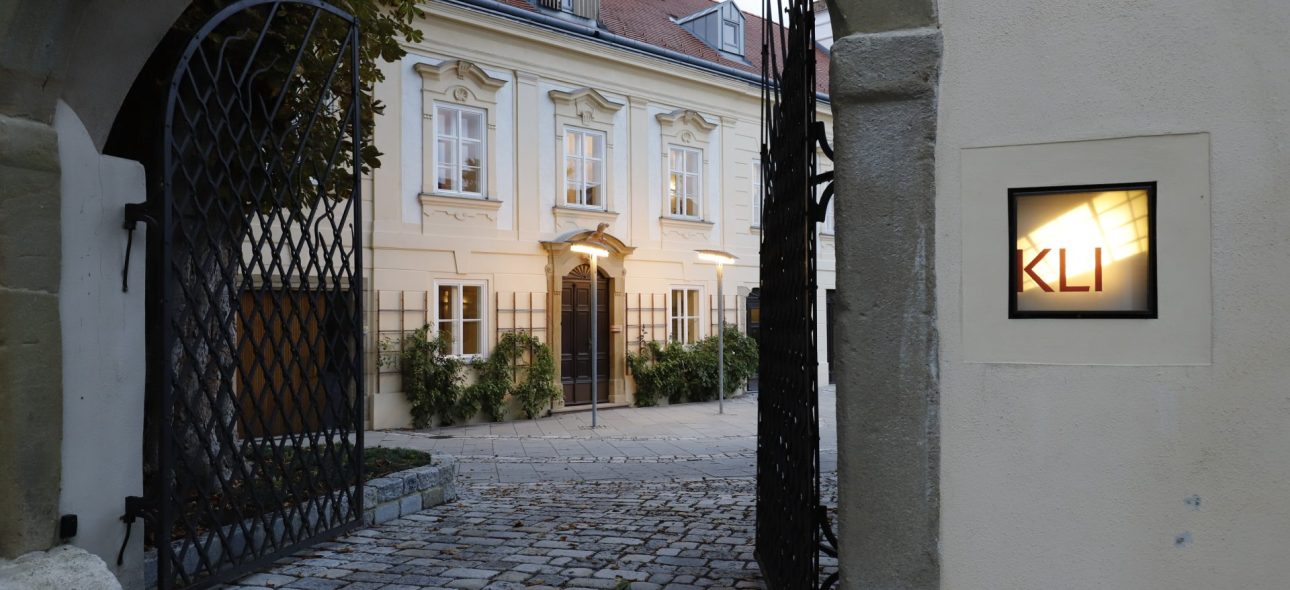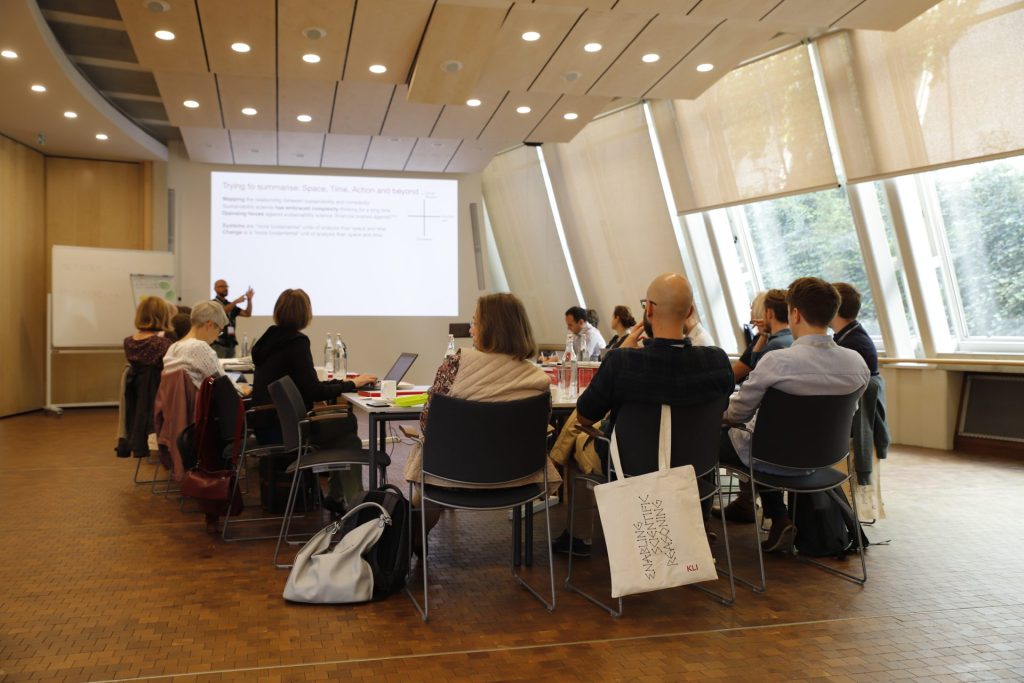
PLUS Changers in the Spotlight 3: KLI
In the third edition of our series, PLUS Changers in the Spotlight, we introduce the Konrad Lorenz Institute for Evolution and Cognition Research (KLI).
About KLI
The Konrad Lorenz Institute for Evolution and Cognition Research (KLI) is an independent centre of advanced studies in the life and sustainability sciences. Their mission is to foster conceptual and formal research that can contribute to understanding and sustaining life in its biological, cognitive, social, and cultural diversity. The institute believes that theories are crucial to giving meaning to data, facilitating dialogue across diverse scientific fields and between science and society, stimulating learning, and inspiring action. They are committed to addressing pressing contemporary challenges through inter- and transdisciplinary research, creating conditions for professional and personal development and promoting inclusive collaboration.

Project Role
KLI’s main role in PLUS Change is to facilitate integrative work within the project team and to co-produce transdisciplinary project outputs. As Work Package 1 lead, KLI intends to foster reflexive learning within the project, support integration into and from practice cases, and guide the project partners in developing their capacities for navigating ethics, equity, and justice issues in both research and practice. One of the first steps in this journey was building a shared vision, developing a transdisciplinary ‘roadmap’ for the project and establishing a safe environment to navigate integration processes that incorporate diverse voices and needs.
Expectations
KLI is excited about the potential of PLUS Change to address the complex challenges of land management in a more just and equitable way, and to foster inter- and transdisciplinary collaboration, inclusivity, and responsible research practice.
“We believe that the tools developed in PLUS Change (e.g. a planning toolkit with modelling tools, serious games, and engagement methods) along with policy recommendations at national and EU levels will help bridge gaps in sustainability research and drive behavioural and policy change.”